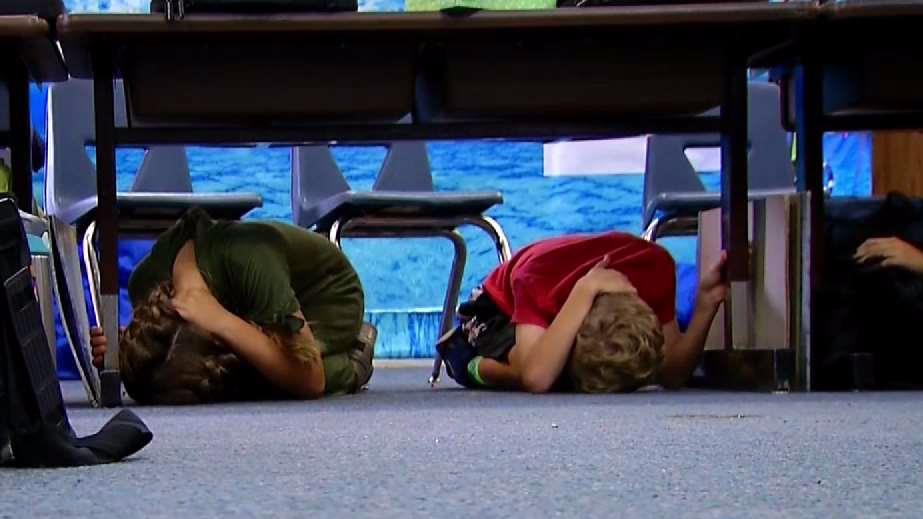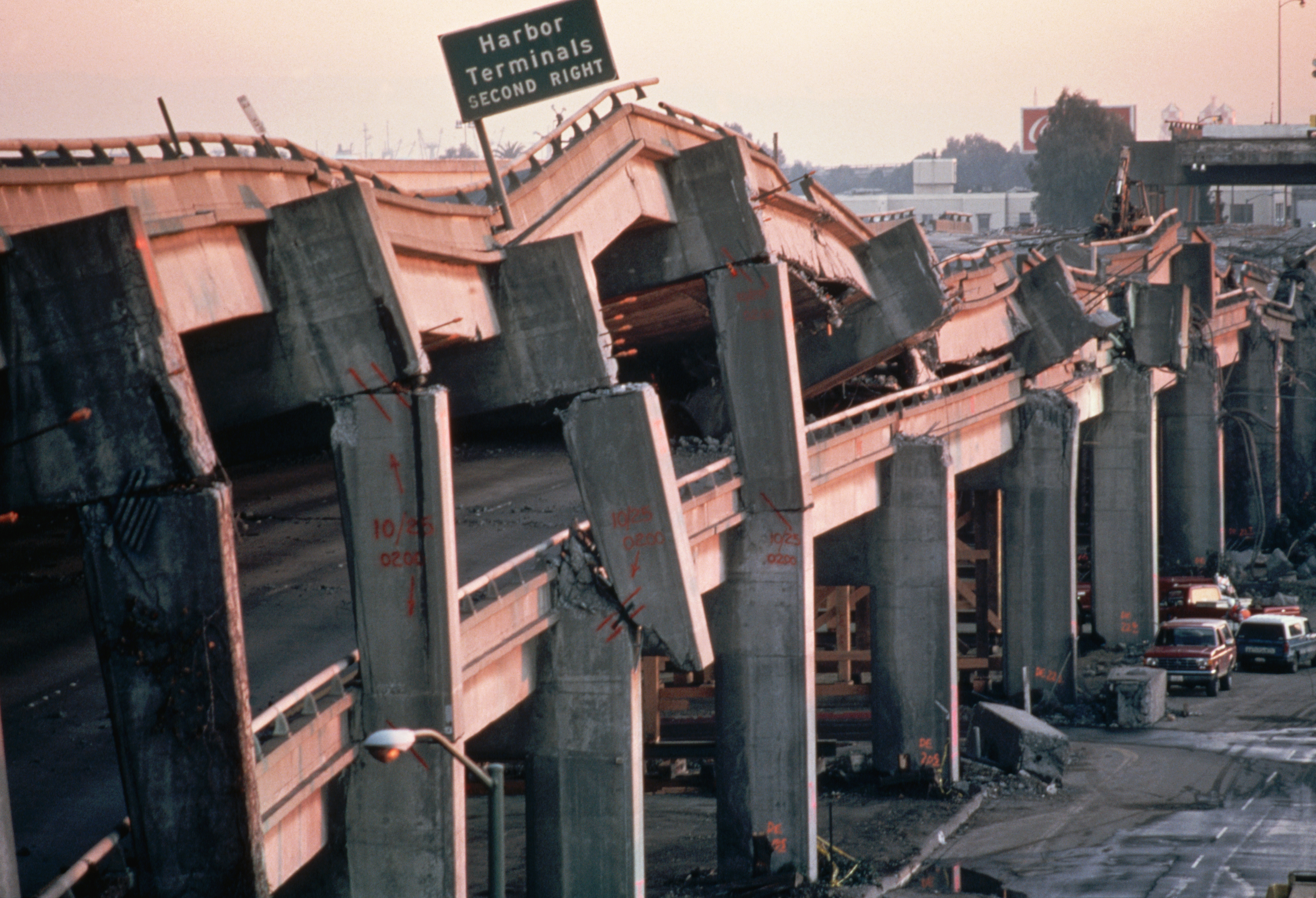A UC Berkeley researcher says that automatic gas shutoff devices, like those used in Los Angeles and Japan, could cut the number of post-earthquake fires in half in San Francisco.
But the city of San Francisco has yet to embrace shutoff technology, said Charles Scawthorn, an internationally recognized expert on fires after quakes. He says Japan has long relied on gas shutoffs built into gas meters – in part because of the lessons learned from the Kanto earthquake and fire, which killed an estimated 100,000 people.
“This was truly hell on earth,” Scawthorn said of the 7.9 magnitude quake that hit Tokyo on Sept. 1, 1923.
The disaster killed more than 10,000 people outright. But far more, an estimated 80,000 lives, were lost in the 100 fires that broke out in the hours after the initial quake.
“In peacetime, it is unquestionably the largest fire fatality in history,” Scawthorn said, adding that half the 80,000 fire victims survived the quake but were caught up in what is known as a "fire whirl."
“The winds were so strong,” he said. "They wound up generating what amounts to what are called fire whirls. They are fire tornadoes and in one location, effectively a large school yard, it killed 40,000 people who were taking shelter.”
While open cooking flames used to make lunch-time meals sparked most of the Kanto fires, gas lines are the danger today.
To counter the modern danger, Japan now requires seismically sensitive gas meters, equipped with devices that sense shaking and automatically cut off gas flow within seconds.
Scawthorn estimates there could be as many as 100 fires following a major quake in San Francisco, but the same technology could prevent half of them. That, he said, would give the city’s 44 engine companies a fighting chance to save the city.
Get a weekly recap of the latest San Francisco Bay Area housing news. Sign up for NBC Bay Area’s Housing Deconstructed newsletter.
“If you can cut those fires in half, that's profound,” said San Francisco Board of Supervisors president Aaron Peskin. He says the city has already led the way with strict building standards and is spending billions of dollars to assure fire crews have enough water to fight post-quake fires.
“It makes perfect sense that we put our money where our mouth is,” Peskin said. “And make sure that the city doesn't burn down in a major earthquake.’’
Still, two decades ago, a state advisory panel concluded the benefit of preventing an estimated two dozen gas-sparked fires in a major quake would be outweighed by the costs. The panel worried about the extended delays in restoring service, in part from crews having to go out and relight pilot lights for tens of thousands of undamaged homes.
Since then, San Francisco has failed to act, even after a city task force concluded in 2017 that benefits of gas shutoff devices would be “significantly greater than the cost.”
“It’s better to have a house with no gas than no house,” said Carl Strand, a quake safety consultant who represents a firm that makes gas shut-off devices customers can install themselves.
The comparatively low-cost technology relies on a ball that simply moves into place to block gas flow in response to strong shaking.
“These have to shut within five seconds,” Strand said.
But so far, Los Angeles is the only big city in California to require automatic shutoff devices to be installed on new projects. The mandate came after 50 gas fed fires erupted following the 1994 Northridge earthquake.
In the Bay Area, Berkeley is the city to require shutoff devices on new projects.
Peskin says it’s time San Francisco did something to counter the obvious danger of gas-sparked fires.
“There is no time like the present,” he said. “I'm not going to cry about why it didn't happen until now.”
Meanwhile, PG&E is getting behind the concept of meter-based seismic shutoffs, with a pilot project in the works to evaluate two prototype meters like those used in Japan, the company says.
Whatever technology is adopted, Scawthorn hopes the Bay Area will finally learn the 100-year-old lesson of the Kanto quake before it’s too late.
“As Mark Twain said, you know, history may not repeat itself, but it sure rhymes,” he said.



